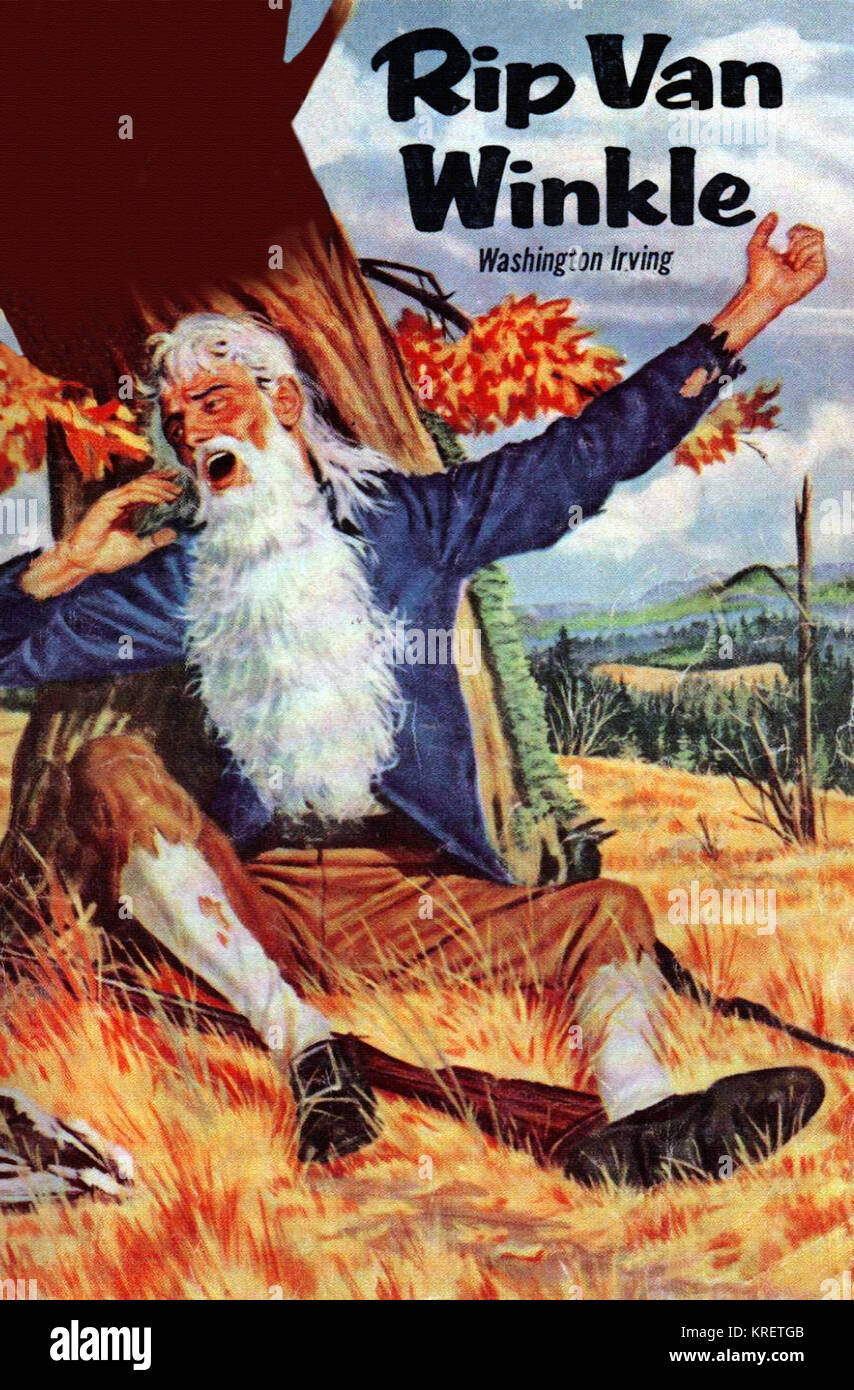Robert Heinlein's novel of suspended animation and time travel opens:
"One winter shortly before the Six Weeks War, my tomcat, Petronius the Arbiter, and I lived in an old farmhouse in Connecticut."
-Robert Heinlein, The Door Into Summer (London, 1974), One, p. 7.
I need not explain the significance either of Rip Van Winkle or of Connecticut. But it is worth noting that:
Van Winkle sleeps;
Saunders time travels;
Heinlein's Dan Davis both sleeps and time travels;
Mark Twain's Connecticut Yankee both time travels and sleeps.
Twain wrote pre-Wells. Wells coined "Time Machine," "Time Traveller" and "time travelling." Twain used the term, "transposition of epochs." The Yankee returns by suspended animation.
I wanted to post about Rip Van Winkle but these few paragraphs will suffice as a post for now.
Anderson acknowledges Washington Irving and Heinlein acknowledges Twain. Heinlein also references HG Wells' The Sleeper Wakes.

5 comments:
Kaor, Paul!
I tried to recall if there was a real Six Weeks War, but I only recalled the Seven Weeks War fought by Austria and Prussia in 1866.
Ad astra! Sean
No. Heinlein's is meant to be in the future.
Kaor, Paul!
Dang, I need to reread some of RAH's stories.
Would it have mattered if Austria had won the Seven Weeks War? The crucial battle, Koeniggrath, was very hard fought and only narrowly won by Prussia. An Austrian triumph would mean the German states being unified by Austrria.
Ad astra! Sean
"German states being unified by Austria."
And would that have meant the ethnically non-German people living under Austrian rule would dislike that rule even more than in our history?
Kaor, Jim!
We don't know! But I have wondered what kind of world might have existed if Germany had been unified by Austria instead of Prussia. Better or not? Plenty of the German states of that time didn't like Prussia (e.g., Bavaria, Saxony, Hanover, etc.). Also, the stresses and strains within the Dual Monarchy should not be exaggerated--plenty of people were loyal to Austria-Hungary.
What might have happened if a quick-witted bystander had knocked up Gavrilo Princip's arm before he shot Francis Ferdinand that fatal day in Sarajevo?
If not for the distraction of Italy declaring war on Austria, the Vienna gov't would have been able to concentrate more forces against Prussia and probably defeat her. The Austrians got their revenge on Italy by crushing the Italians at Custozza and Lissa.
Ad astra! Sean
Post a Comment